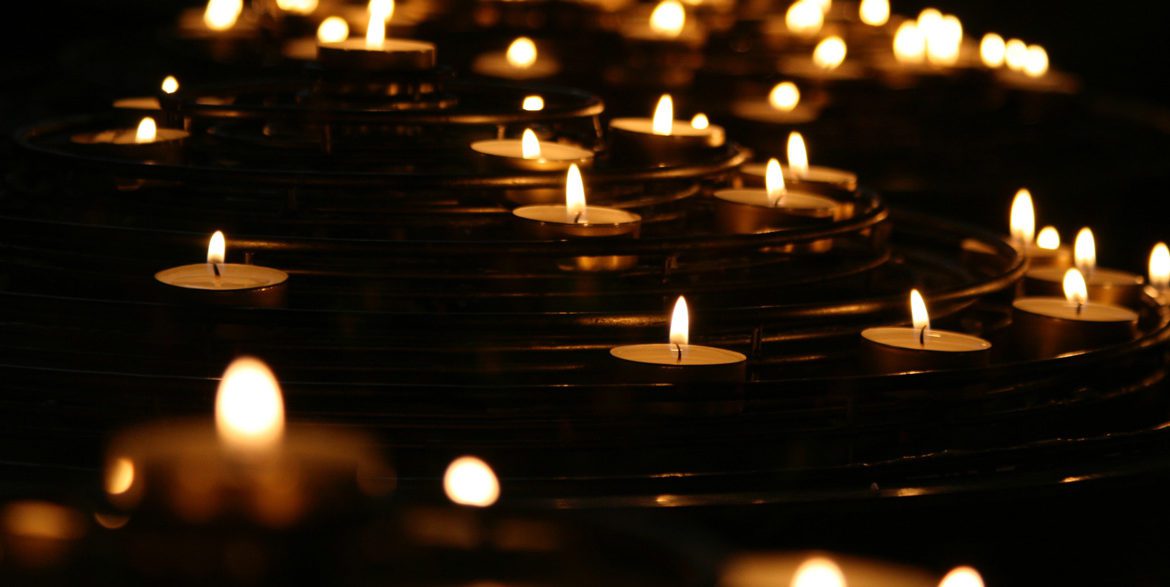Navigating the loss of someone or something you love is one of the most painful experiences in life.
When a significant person, professional role, ability, or time is taken from us, it can leave us feeling lost and confused about how to move forward with our lives. The intense range of emotions we feel when grappling with loss is known as grief, and it’s a natural process we will all experience in our lives.
For some people, grief feels like a heavy weight on their chest. Others experience a state of numbness, loneliness, mental fogginess, fatigue, guilt, denial, or anger. Many people experience all these things while processing a loss, which is normal. Everyone grieves differently and on their own timeline.
While many people associate grief with losing a loved one, any type of significant loss that completely changes the trajectory of your life – especially if it’s unexpected – can cause grief.
Examples of life events that often lead to grief include:
- Relationship breakups, including divorce
- Chronic or terminal illness
- Loss of time
- Loss of a job or other financial security
- Retirement
- Death of a pet
- Loss of a friendship
- A miscarriage
- Loss of safety due to trauma or abuse
- Selling a family home
When processing a heavy loss, caring for yourself – especially your mental health – may feel selfish, especially if there are other people around you who are hurting and need support. But putting your mental health on the back burner can increase your risk of depression, anxiety, and other conditions. Taking care of your mental health is one of the most important ways to cope with grief and start your path toward healing.
Here are some tips from our mental health providers at Rural Psychiatry Associates to give yourself space to grieve a loss, while prioritizing your mental health.
Mental Health Tips for Coping with Grief and Loss
1. Give yourself time to grieve.
Grief is unpredictable, complicated, and exhausting. But an integral part of processing a loss is accepting that grief takes time. After you’ve given yourself time to heal, eventually the heavy weight of grief will become a little lighter and you’ll start gathering enough strength to move forward with your life and relearn who you are in this new phase. Grief often comes in waves, so give yourself grace if you need additional time and support to move on.
2. Spend time with people you trust.
Many people prefer solitude to reflect and process their emotions after a significant loss. Take some time to be alone if you need it. However, keep in mind that prolonged isolation can lead to loneliness, which negatively impacts all aspects of your health. When you’re ready, connect with friends, family, clergy, or other people in your community who make you feel safe – even if all you’re doing is sitting together in a room or on a video call without talking. These interactions will offer much needed comfort and emotional support that only the company of another human can provide.

3. Take care of your body.
Processing a loss is not only an emotional endeavor; it can also take a toll on your physical health if you’re having trouble eating, sleeping, and staying mobile. Because our minds and bodies are so closely connected, making sure your basic needs like food, sleep, and exercise are met while you grieve can help you stay physically healthy and mentally stable.
4. Dive back into your hobbies (or find a new one).
It’s normal to have a decreased interest in social activities or hobbies after loss. However, channeling your interests offers an outlet to cope with grief while stimulating your body and mind. Whether it’s painting, gardening, writing, fishing, kayaking, or cooking, turning to hobbies that you enjoy can help you stay physically and mentally active. If your old hobbies no longer interest you, embrace the opportunity to explore another hobby and learn something new.

5. Talk to a mental health professional.
Losing someone or something important to you can make you feel lost yourself. The path you were on in life changed drastically, and now you don’t know which alternative path to take. It’s okay to feel this way. However, grieving for too long can be a sign that you need additional support. Talking about your struggles with a mental health professional provides an avenue for you to express your emotions while learning tools to find your next life path (or carve a new one altogether).
Whether your loss is recent or happened a long time ago, our mental health providers at Rural Psychiatry Associates are here to help you move forward through in-office or telehealth sessions. Contact us today to schedule an appointment with our team.

